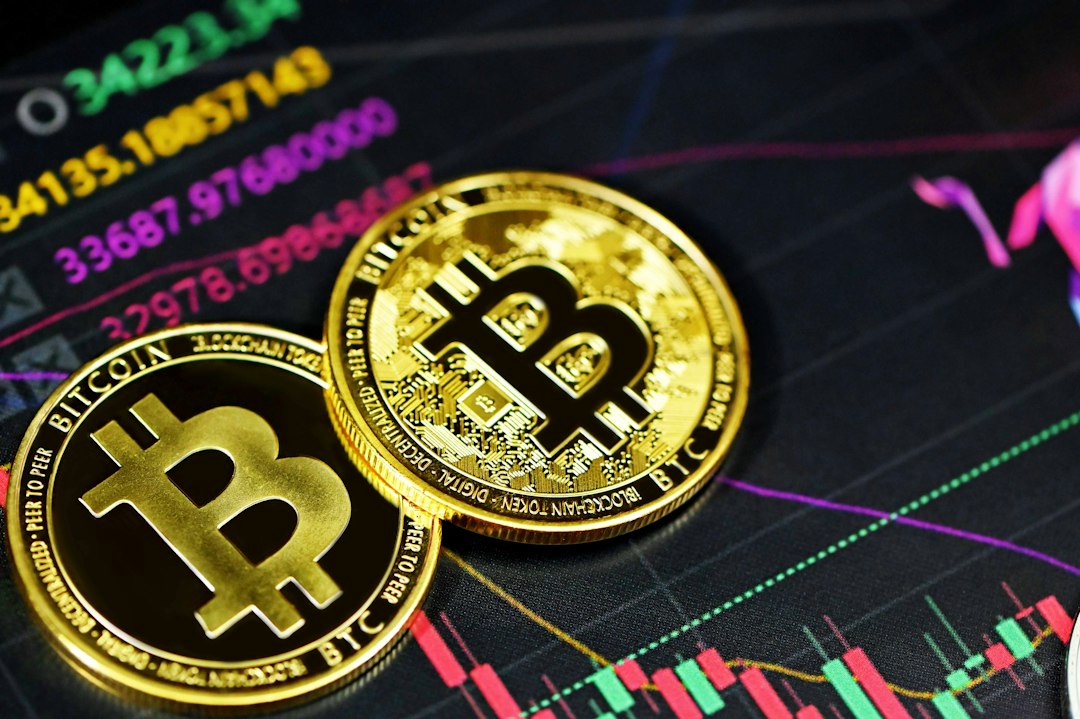Crypto CEO’s Assets Frozen Following Fraud Charges
A court has ordered the freezing of bank accounts and properties belonging to former Celsius CEO Alex Mashinsky, who is facing charges of fraud. The order, initially kept under seal over concerns of asset depletion, includes accounts at Goldman Sachs and Merrill Lynch as well as Mashinsky’s home in Austin, Texas. The property, which was listed for sale on Zillow, has a price tag of around $2.49 million. The asset freeze comes as Mashinsky faces criminal charges for allegedly defrauding Celsius investors. He is accused of deceiving investors about the company’s financial stability and engaging in risky trading practices. Mashinsky was also charged with selling unregistered securities, misleading investors, and profiting from alleged price manipulation of Celsius’ native digital currency.
Prosecution Gathers Evidence in Fraud Case
Mashinsky, who pleaded not guilty to the charges, was granted bail at $40 million. The prosecution has requested time to gather evidence for their case. In addition to the criminal charges, Mashinsky is facing civil lawsuits filed by the Commodity Futures Trading Commission (CFTC) and the Securities and Exchange Commission. The bankruptcy case against Celsius prompted the Federal Trade Commission to postpone a $4.7 billion fine imposed on the company, as the funds were intended to settle claims from creditors.
Hot Take: Former Crypto CEO Faces Asset Freeze and Fraud Charges
The freezing of assets and properties owned by former Celsius CEO Alex Mashinsky is a significant development in the ongoing fraud case against him. The court order aims to prevent the depletion of these assets, including bank accounts and a valuable property in Austin, Texas. Mashinsky is accused of defrauding Celsius investors by providing false information about the company’s financial stability and engaging in questionable trading practices. He is also facing allegations of selling unregistered securities and profiting from price manipulation. The prosecution is gathering evidence for the case, while Mashinsky maintains his innocence. This high-profile case highlights the need for regulation and transparency in the cryptocurrency industry to protect investors and maintain trust in the market.





 By
By
 By
By
 By
By
 By
By
 By
By
 By
By